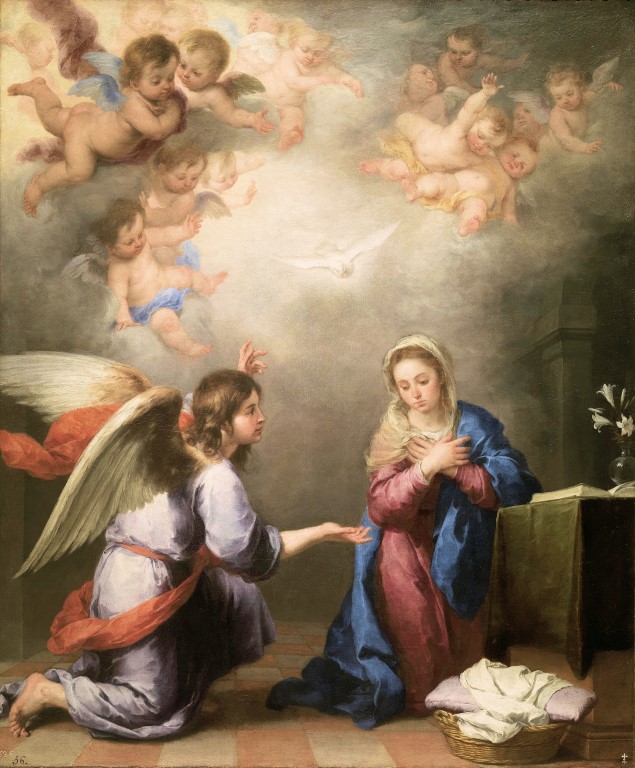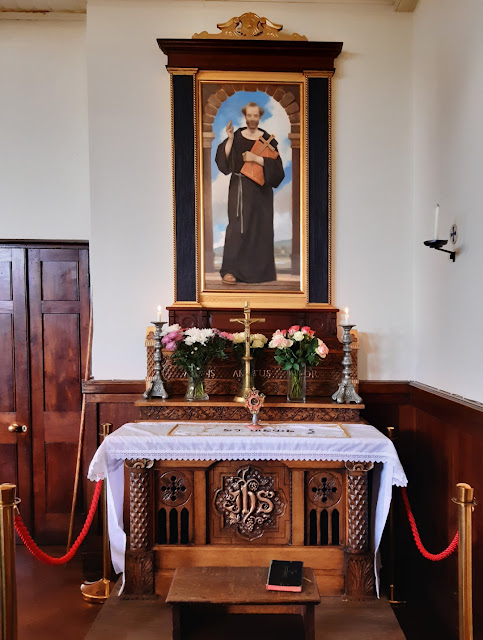Teaching young people about homosexuality
 Some Catholic parents have asked for my comments on this part of the coursework for the AQA (Assessment and Qualifications Alliance) Religious Education GCSE (General Certificate of Secondary Education - a public examination usually taken by young people in England at age 15/16.)
Some Catholic parents have asked for my comments on this part of the coursework for the AQA (Assessment and Qualifications Alliance) Religious Education GCSE (General Certificate of Secondary Education - a public examination usually taken by young people in England at age 15/16.)In the key facts section, it is stated:
The Catholic Church teaches there is nothing wrong with homosexual feelings or relationships so long as there is no sexual activity.This inaccurate statement would help anyone to think that Catholic teaching is absurd. How could the Church say that there is "nothing wrong" with homosexual feelings but still say that homosexual activity is sinful?
In fact, the Catholic Church teaches that homosexual acts "do not proceed from a genuine affective and sexual complementarity" and that the homosexual inclination is "objectively disordered". (Catechism of the Catholic Church 2357-2358)
In other words, there is indeed "something wrong" with homosexual feelings and certainly with homosexual relationships - they are "disordered". This might be a difficult concept for young people to grasp and so it could be said that homosexual feelings tend towards something that is wrong, i.e. homosexual sexual activity.
The feelings themselves may not be culpable. We all have feelings that tempt us to sin - we cannot necessarily help having these feelings although we can encourage or discourage them in various ways. What matters is how we handle our feelings and in particular how we resist the temptation to sin.
The Course Book goes on to say:
The Catholic Church believes it is sinful to criticise homosexuals or attack their behaviour.This is also misleading. The Catholic Church teaches that people who have deep-seated homosexual tendencies must be accepted with respect, compassion, and sensitivity. (CCC 2358) This in itself shows that the Church believes that homosexuality is disordered. You do not have compassion and sensitivity for people with a condition that is itself a moral good.
We should not "criticise" someone for having particular feelings but we would criticise someone for promoting a homosexual lifestyle. We should not "attack" the behaviour of homosexuals but if it is a question of sexual activity outside of marriage, we would include such behaviour in an examination of conscience before the sacrament of Confession.
I am not at all sure that the Course Book is fair in stating that
Evangelical Protestants believe that homosexuality is sinful.Most Evangelical Protestants that I have spoken to would accept broadly the same approach as the Catechism of the Catholic Church on this matter. They do not believe that an individual with deep seated homosexual tendencies is necessarily culpable but would agree that sex is for the procreation of children within marriage and not for self-expression in other relationships.
The book is going to have to catch up on the teaching of the Liberals. It says:
The Church of England and many liberal Protestants believe that life-long homosexual partnerships are acceptable but homosexual priests should not engage in sexual activity.I think there are plenty of liberal Protestants now who would be perfectly happy with actively homosexual priests (or Bishops.) And it seems a little discriminatory to load this all on liberal protestants. There are plenty of liberal catholics who hold similar views.
The Course Book is used in many Catholic secondary schools in England. I hope that those who are teaching RE are familiar with the Catechism of the Catholic Church and the various documents issued by the Congregation for the Doctrine of the Faith that deal with this delicate subject. It might also be a good idea for Catholic teachers to ask the AQA to ensure that a more accurate presentation of the teaching of the Catholic Church is given in materials for students.


